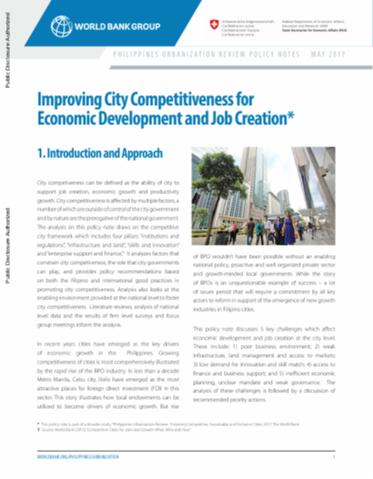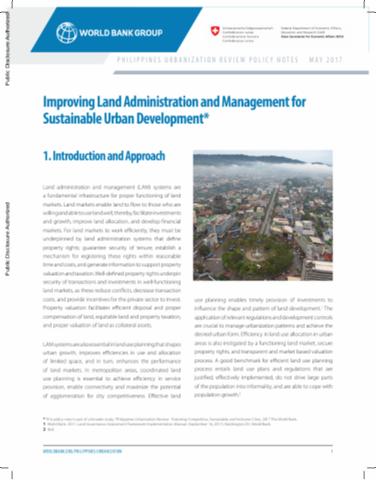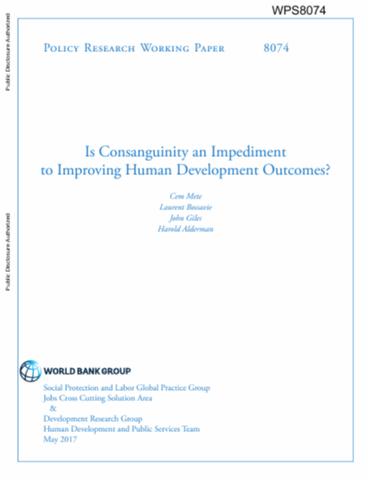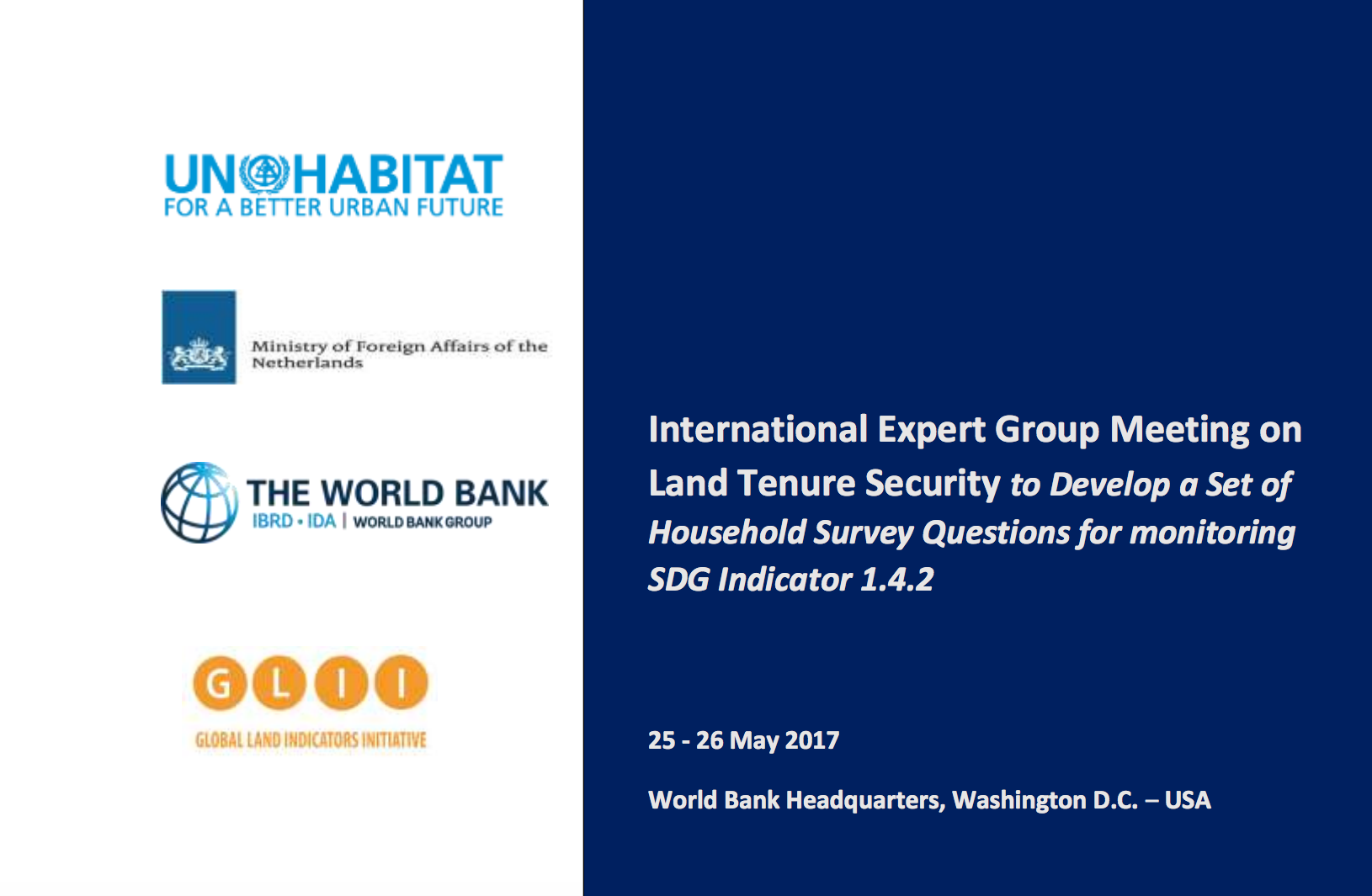The World Bank is a vital source of financial and technical assistance to developing countries around the world. We are not a bank in the ordinary sense but a unique partnership to reduce poverty and support development. The World Bank Group has two ambitious goals: End extreme poverty within a generation and boost shared prosperity.
- To end extreme poverty, the Bank's goal is to decrease the percentage of people living on less than $1.25 a day to no more than 3% by 2030.
- To promote shared prosperity, the goal is to promote income growth of the bottom 40% of the population in each country.
The World Bank Group comprises five institutions managed by their member countries.
The World Bank Group and Land: Working to protect the rights of existing land users and to help secure benefits for smallholder farmers
The World Bank (IBRD and IDA) interacts primarily with governments to increase agricultural productivity, strengthen land tenure policies and improve land governance. More than 90% of the World Bank’s agriculture portfolio focuses on the productivity and access to markets by small holder farmers. Ten percent of our projects focus on the governance of land tenure.
Similarly, investments by the International Finance Corporation (IFC), the World Bank Group’s private sector arm, including those in larger scale enterprises, overwhelmingly support smallholder farmers through improved access to finance, inputs and markets, and as direct suppliers. IFC invests in environmentally and socially sustainable private enterprises in all parts of the value chain (inputs such as irrigation and fertilizers, primary production, processing, transport and storage, traders, and risk management facilities including weather/crop insurance, warehouse financing, etc
For more information, visit the World Bank Group and land and food security (https://www.worldbank.org/en/topic/agriculture/brief/land-and-food-security1
Resources
Displaying 126 - 130 of 4905Improving City Competitiveness for Economic Development and Job Creation
This policy note presents an analysis of and recommendations on the city competitiveness improvement and is part of a broader Philippines urbanization study. The analysis draws on the competitive city framework which includes four pillars: 1. institutions and regulations; 2. infrastructure and land; 3. skills and innovation; 4. enterprise support and finance. It analyzes factors that constrain city competiveness, the role that city governments can play, and provides policy recommendations based on both the Filipino and international good practices in promoting city competitiveness.
Improving Land Administration and Management for Sustainable Urban Development
This policy note assesses the performance of existing land administration and management (LAM) system in the Philippines in creating an environment for competitive cities. It looks at the influence of LAM (including property rights) in the proper functioning of land markets in urban areas; the effectiveness of land use planning and regulations in shaping urban growth, reducing informality, and improving efficiency in use of space; and the impacts of property valuation and taxation practices in generating revenues to finance local development plans.
Collecting the Dirt on Soils
Much of the current analysis on agricultural productivity is hampered by the lack of consistent, high quality data on soil health and how it is changing under past and current management. Historically, plot-level statistics derived from household surveys have relied on subjective farmer assessments of soil quality or, more recently, publicly available geospatial data.
Is Consanguinity an Impediment to Improving Human Development Outcomes?
This paper uses unique data collected in rural Pakistan to assess the extent to which consanguinity, which is widespread in North Africa, Central and West Asia, and most parts of South Asia, is linked to child cognitive ability and nutritional status. As economic benefits of marrying cousins may lead to upward bias in estimates of the effects of consanguinity on child outcomes, prior work likely underestimates the negative impacts of consanguinity on child outcomes.
International Expert Group Meeting on Land Tenure Security to Develop a Set of Household Survey Questions for Monitoring SDG Indicator 1.4.2
The World Bank Group and UN-Habitat as co-custodians of the SDG Indicator 1.4.2, in collaboration with the Global Land Indicator Initiative (GLII) organized an international Expert Group Meeting (EGM) at the World Bank Headquarters in Washington D.C. from 25 -26 May 2017 in preparation for the reclassification process of the SDG Indicator 1.4.2.










